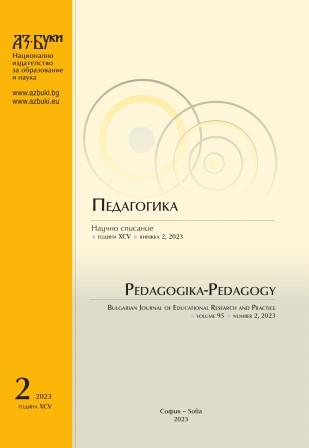
Intonation and Children with Emotional and Behavioral Problems
Intonation and Children with Emotional and Behavioral Problems
Keywords: prosody; intonation; emotional disorders; behavioral disorders; communication
The study analyzes the role of intonation in communication with children with emotional and behavioral problems. Usually the intonation is identified with one of its elements – the tone of the speech. It is considered how the change in the volume of the tone (intonation) affects the perception of information and how intonation can be used to achieve different goals in communication. The possibility for realization of the communicative intention through the use of different tone (volume) of the verbal message for children with behavioral and emotional disorders has been traced. An individual case study of a child with emotional and conduct disorders has been developed within intervention experiencing anxiety and aggression by using four strategies of interaction: normal tone of voice/positive message; increased tone of voice/positive message; normal tone of voice/negative message and increased tone of voice/negative message. Results reaffirm the inadequate interpretation of language messages among children with emotional and behavioral disorders and outline the influence of intonation on the behavior of children as phrases uttered with increased tone raise the aggression and anxiety of children with emotional and behavioral disorders.
More...